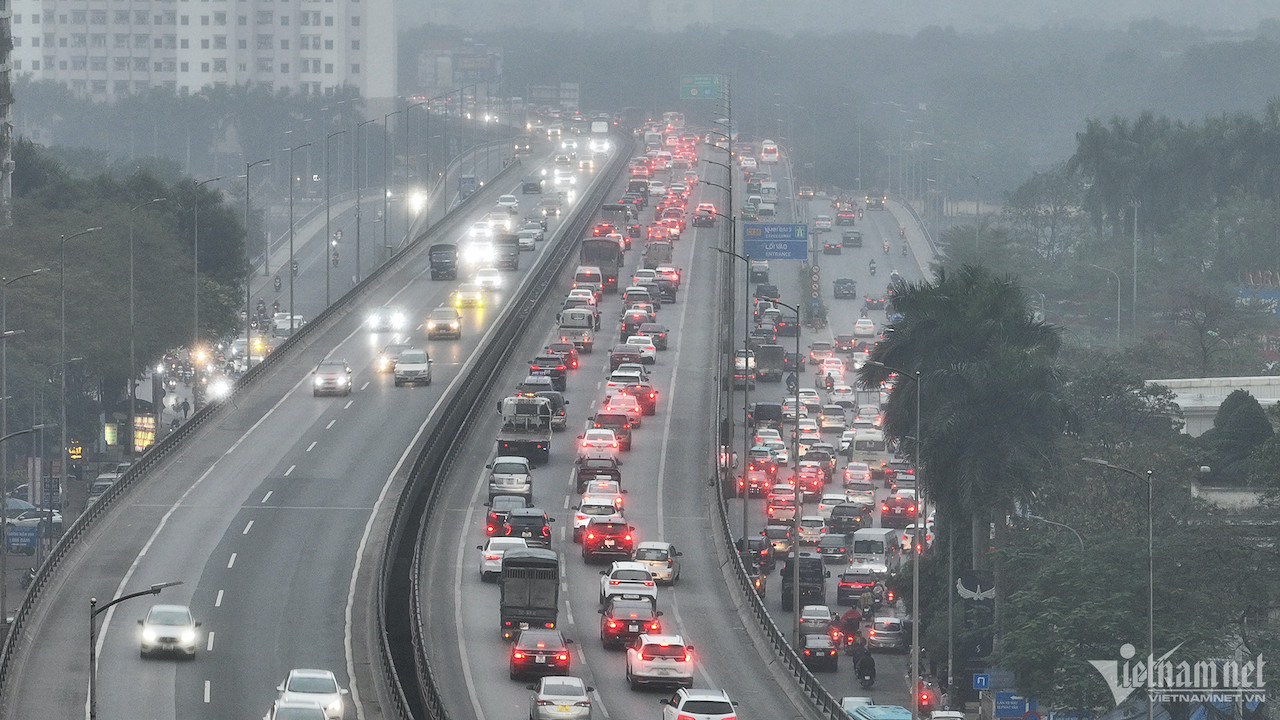As Vietnam aims for net-zero emissions by 2050, addressing emissions from transportation is critical. Experts at a recent seminar discussed potential policies and strategies to reduce this environmental burden.

At the seminar "Reducing emissions in the automotive sector: many paths, one destination," organized by Dau Tu Newspaper on August 29, Vo Minh Luc, Executive Director of BYD Vietnam, highlighted that transportation is one of the largest sources of greenhouse gas emissions, playing a major role in climate change.
Traditional vehicles that rely on fossil fuels not only pollute the air but are also linked to numerous health issues for humans. Moreover, the rapid increase in population and urbanization has overwhelmed the current transportation system, leading to traffic congestion and heightened pollution levels.
Le Trong Minh, Editor-in-Chief of Dau Tu Newspaper, pointed out that if each car is viewed as a mobile emission station, Vietnam has nearly 6.5 million of them on its roads today. These vehicles are a primary cause of air pollution, directly impacting public health.
An analysis from the Institute of Occupational and Environmental Health indicates that transportation vehicles are the leading cause of air pollution in urban areas, contributing up to 70% of dust and emissions in the atmosphere. This pollution is linked to approximately 3.8 million premature deaths annually.
Given this situation, Minh argues that transitioning or even "shutting down" these mobile emission sources is both necessary and urgent. This shift is not only in line with global trends but also essential if Vietnam is to achieve its government’s commitment to net-zero emissions by 2050.
With a large and growing population and a steadily developing economy, without timely solutions to "green" the automotive industry, emissions from transportation could severely hinder the country's sustainable development goals.
Green transportation faces many challenges
The Ministry of Transport (MOT) has proposed several policies and initiatives to promote the development of electric vehicles as a means to reduce environmental emissions.
Specifically, the MOT has recommended that three types of electric vehicles be eligible for incentives: battery electric vehicles, fuel cell electric vehicles, and solar-powered cars. The ministry also proposes exemptions or reductions in registration and license plate fees for electric car users, encourages access to credit and direct subsidies for buyers, prioritizes the development of electric vehicles in transportation, and offers loan incentives for transport companies transitioning to electric vehicles, with higher subsidies for electric buses.
However, experts believe that despite the benefits of these policies, developing green transportation in Vietnam faces significant challenges. These include inadequate urban planning for charging stations, which discourages investors, and a transport infrastructure that does not yet meet the public’s needs for a transition to green vehicles.
Additionally, support policies for moving from traditional combustion engine vehicles to new energy vehicles are not yet robustly implemented, with an unclear roadmap for the future.
Vo Minh Luc, Executive Director of BYD Vietnam, suggests that to develop green transportation in Vietnam, a comprehensive program to transition to electric and green energy vehicles needs to be established. This program would require encouraging and supporting both the public and businesses to adopt more environmentally friendly vehicles.
N. Huyen